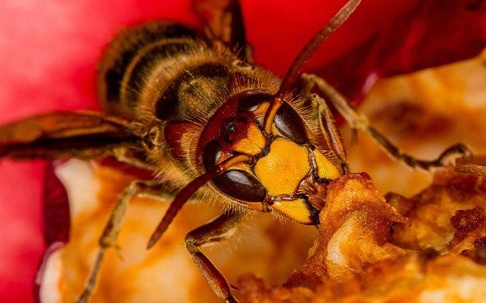Pesky insect bites and stings are among the last things you want to deal with when you're trying to enjoy some quality time outdoors in Kittitas County. Hornets and wasps are a couple of the worst offenders when it comes to nuisance pests. These tiny stinging insects can end up posing a big problem when they build nests near your yard. Unlike bees, wasps and hornets can sting more than once– and they won't hesitate to unload as many painful venom payloads as their instincts demand to drive you away from whatever territory they've claimed.
You can already imagine just how irritating and anxiety-inducing a hive hidden around your property can be– even genuinely dangerous, depending on just how big the hive has become. That's why the experts at Prosite have arranged this quick and easy guide to pest control in Kittitas County. Read on to discover the key to keeping these territorial pests away from your yard.
The Habits And Behaviors Of Hornets And Wasps
The first step of addressing any pest problem is to identify the specifics. Different types of stinging insects naturally behave slightly differently. Some are more aggressive than others, and they each construct their hives through various distinct methods. They serve several ecological roles, including as pollinators and predators of other pesky insects. One common trait that's important to keep in mind across all hornets and wasps is their eusocial, highly territorial nature. They band together to construct complex hives, usually out of mud or paper-like pulped wood fibers. Much of the time, you'll find their nests in trees, hedges, or other out-of-the-way areas– but sometimes, they can invade inconvenient locations such as the eaves of roofs, outdoor playsets, or deck patios.
Why Wasps And Hornets Around Your Yard Can Be So Problematic
Despite their useful environmental contributions, stinging insects in Kittitas County are still considered nuisance pests for a good reason. When a wasp or hornet nest happens to get constructed near your property, the insects don't see it the same way as us. To them, we're the intruders, and they treat threats to their hive very seriously. Things go from bad to worse if their sting happens to trigger an allergic reaction. Anaphylactic shock can easily land you in the hospital if you're unprepared, so it's best not to take the risk.
Five Naturally Effective Wasp Prevention Tips For Around Your Yard
A nest of these small stinging insects near your home can impose all manner of inconveniences, not the least of which is actually getting rid of them. Hornets and wasps are notoriously territorial insects, so if you're looking to avoid getting stung, you'll want to read up on some preventive measures for your property. Here are five effective wasp prevention tips you can use right now:
- Trim foliage regularly
- Eliminate excess moisture
- Avoid leaving food or drink outdoors
- Dispose of garbage securely
- Seal cracks, crevices, and enclosed areas
These steps provide a solid foundation for pest control, but there's one more method for guaranteed prevention.
The Most Effective Hornet And Wasp Control For Your Property
We can all agree that the worst stinging insects are the ones that invade your property. If you're fighting a stubborn stinging insect infestation or want to protect yourself from the possibility, we've got your back. Reach out to the experts at Prosite, and we'll walk you through a comprehensive treatment plan tailored to your property's individual needs. Whether it's hornets, wasps, or some other pest, our certified stinging insect control technicians can take care of it in a safe, affordable, and timely manner. Call now to schedule your inspection and find out what Prosite can do for you.

